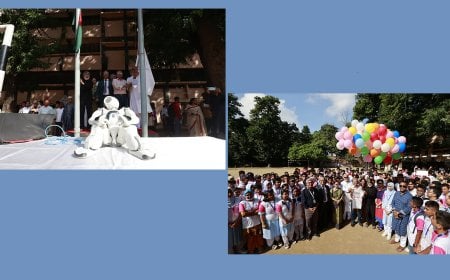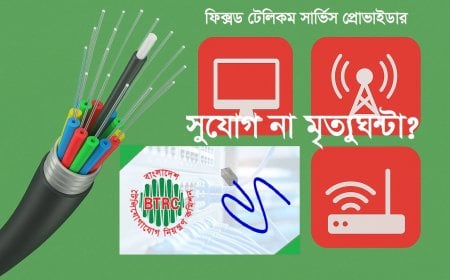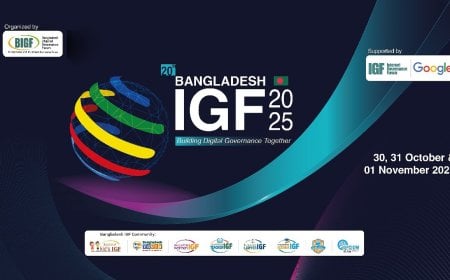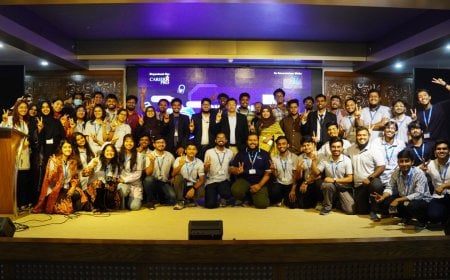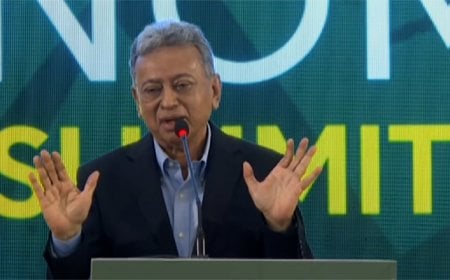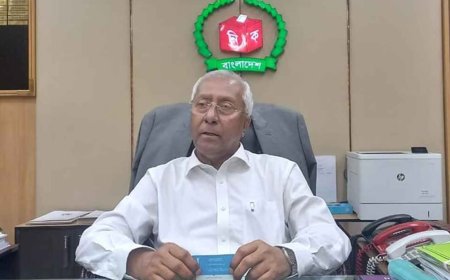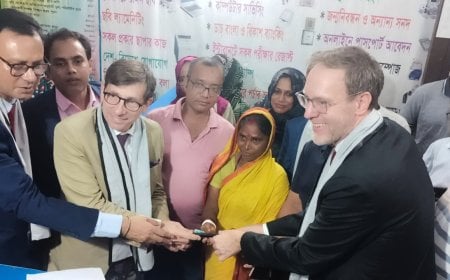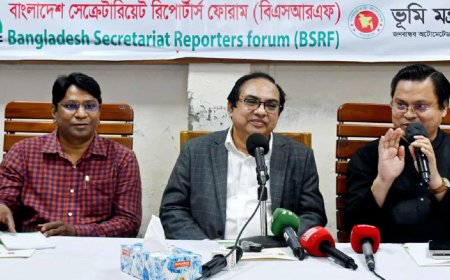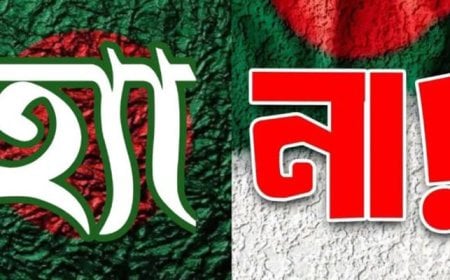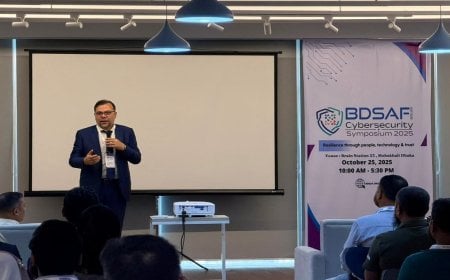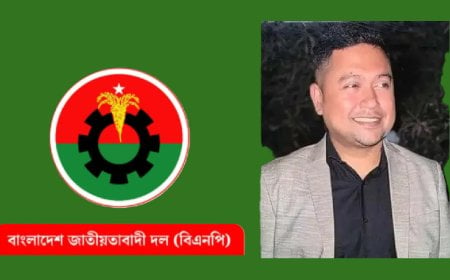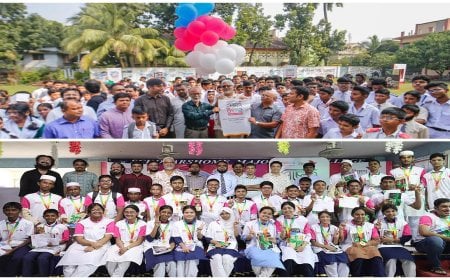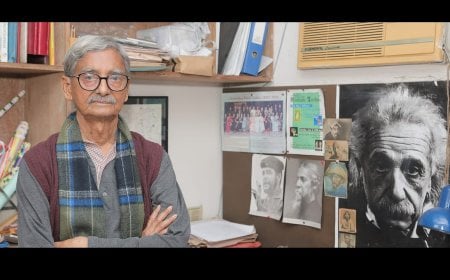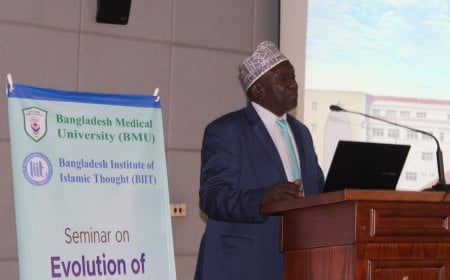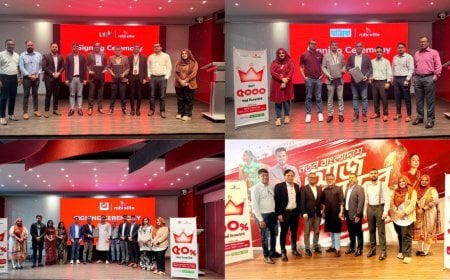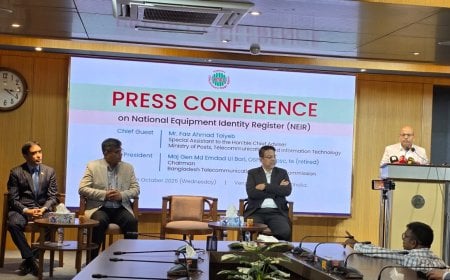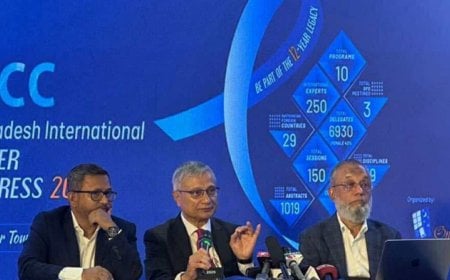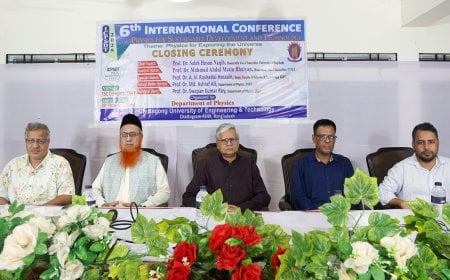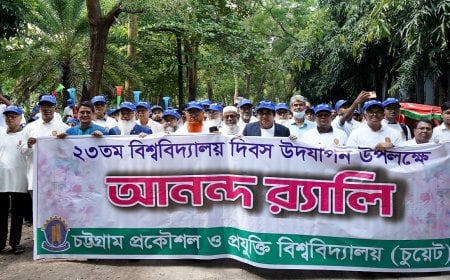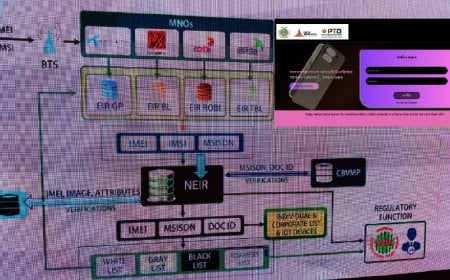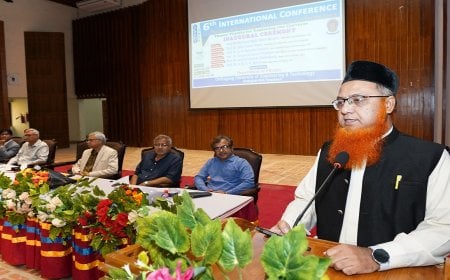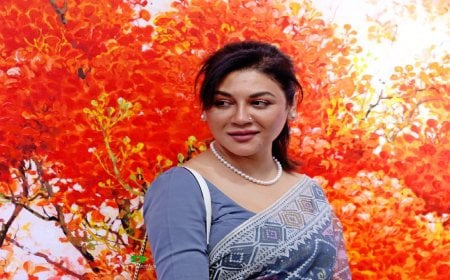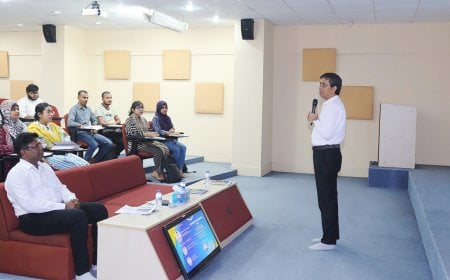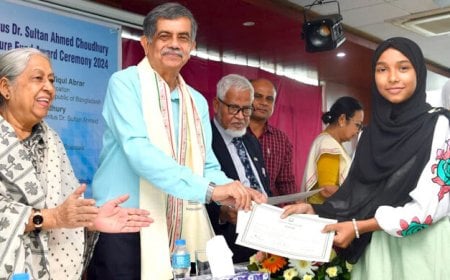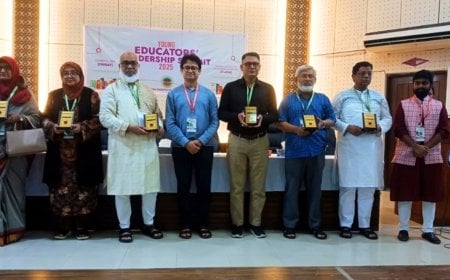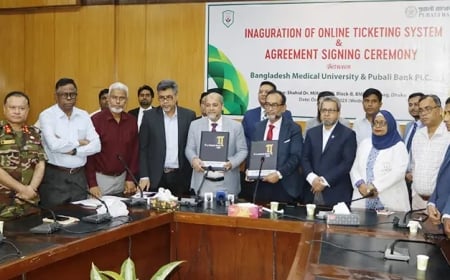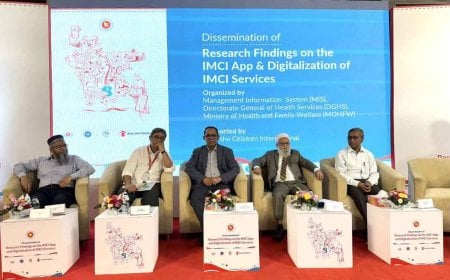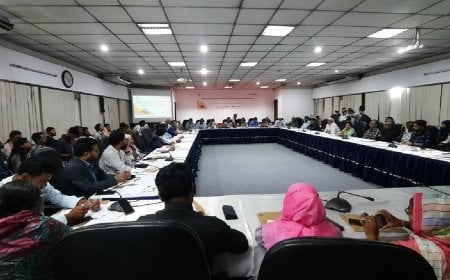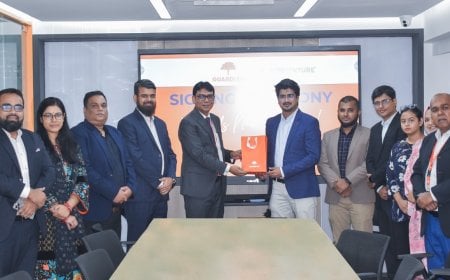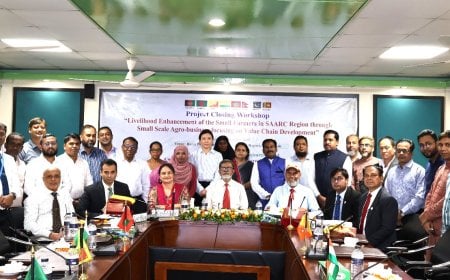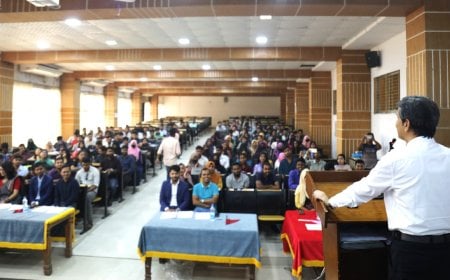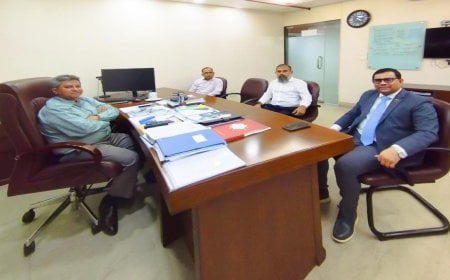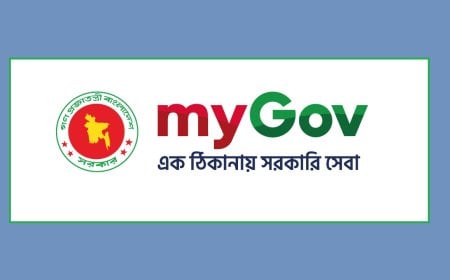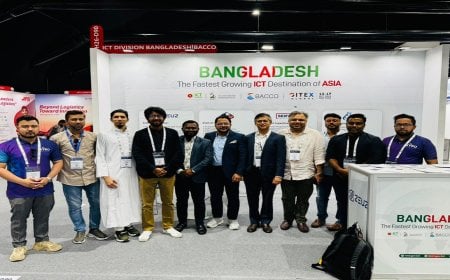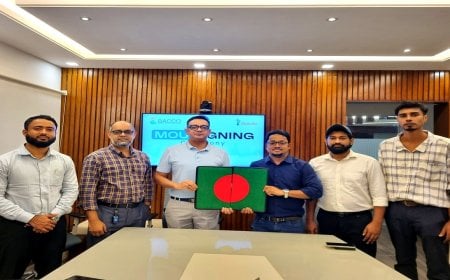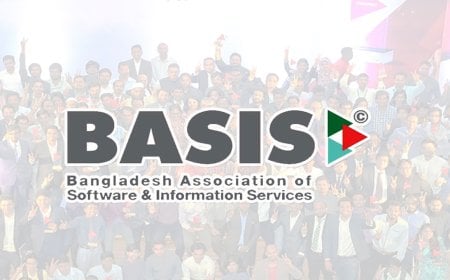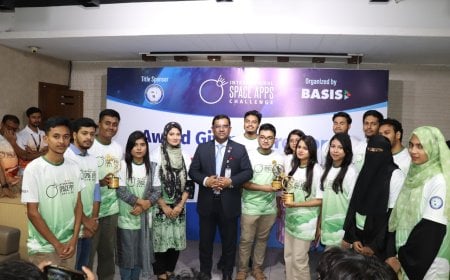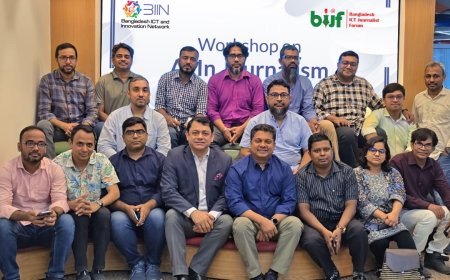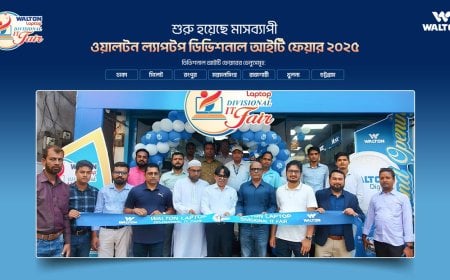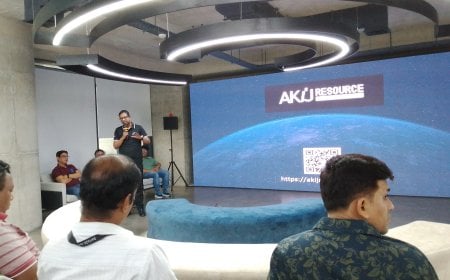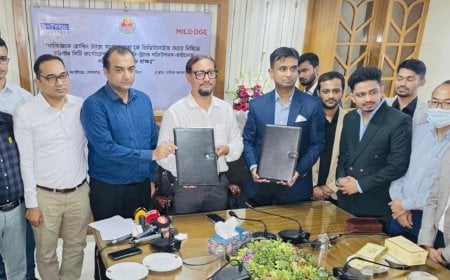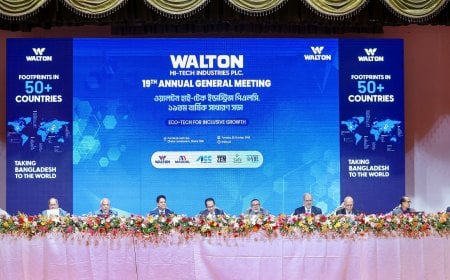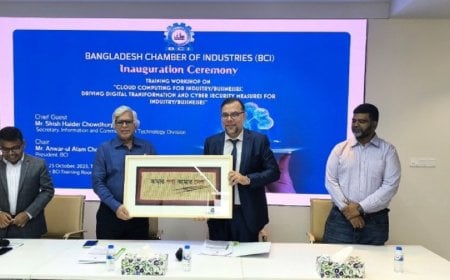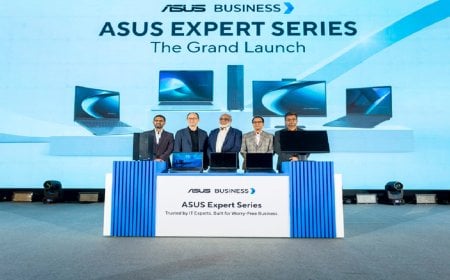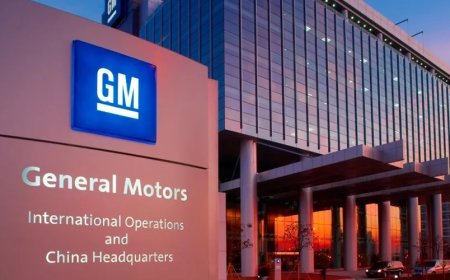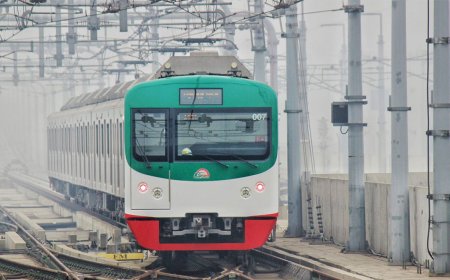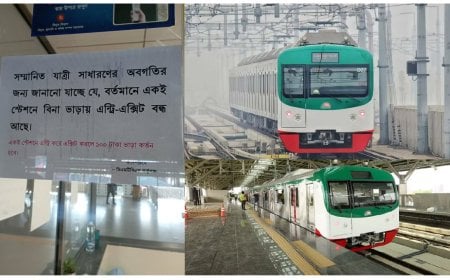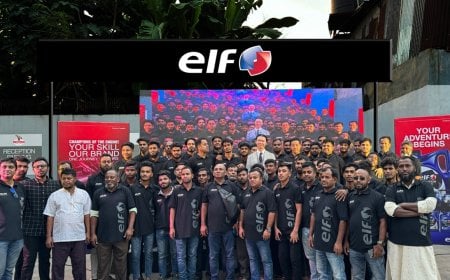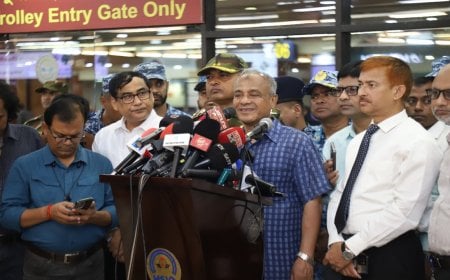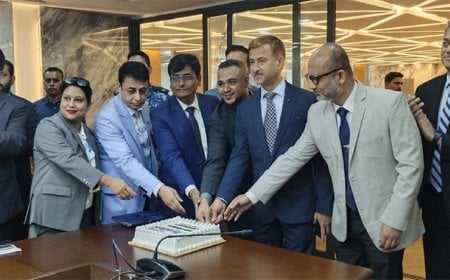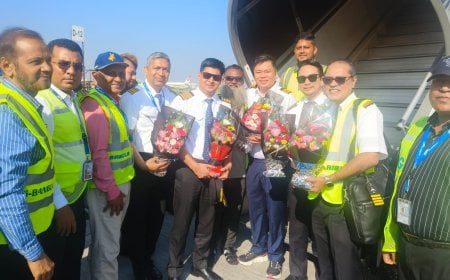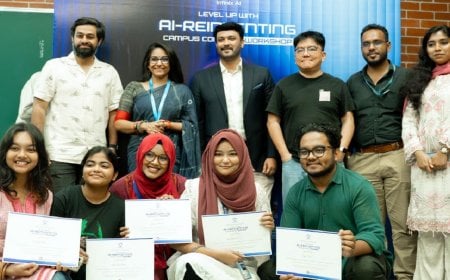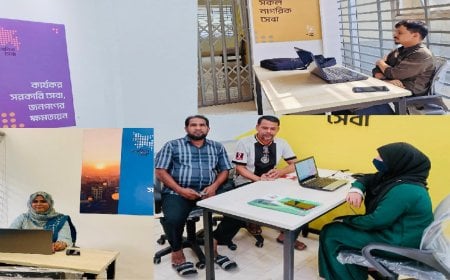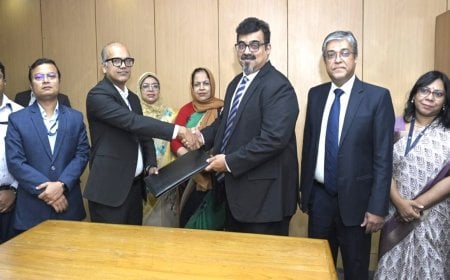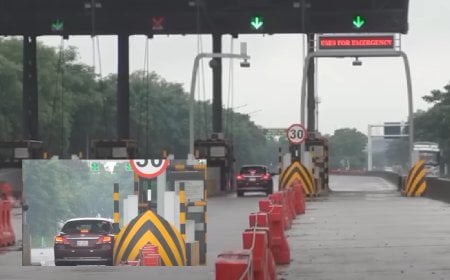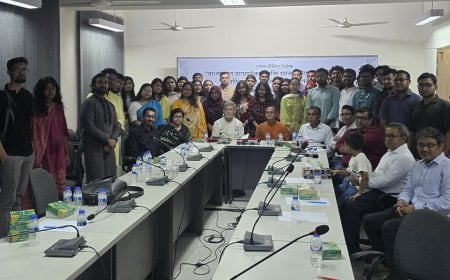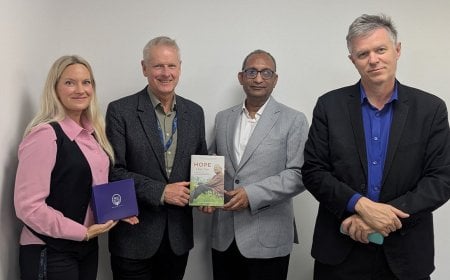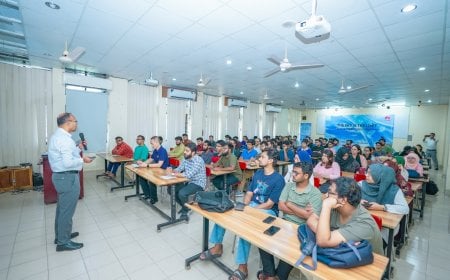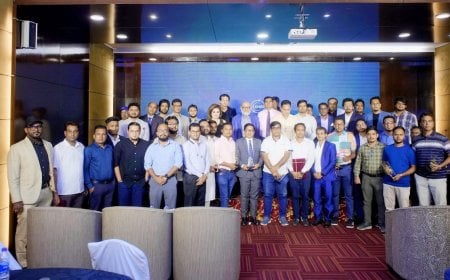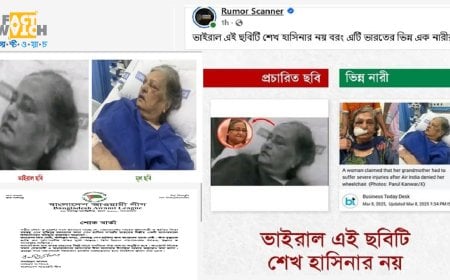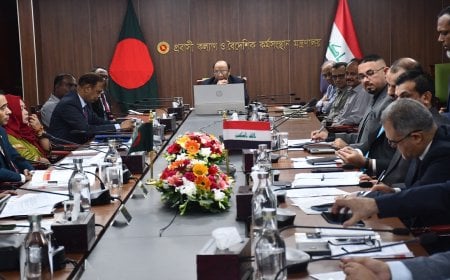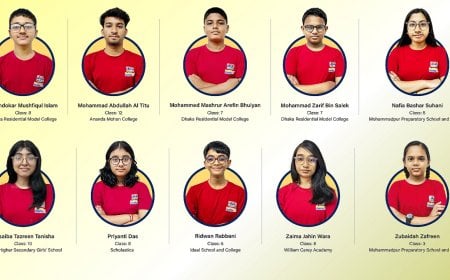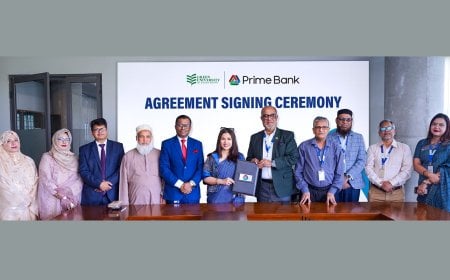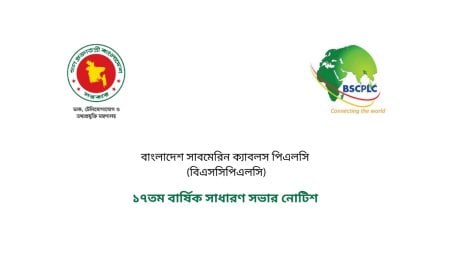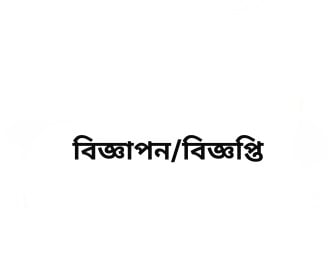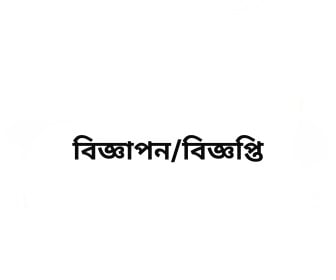Consensus for Constitutional Reform: Call for a Dialogue Council
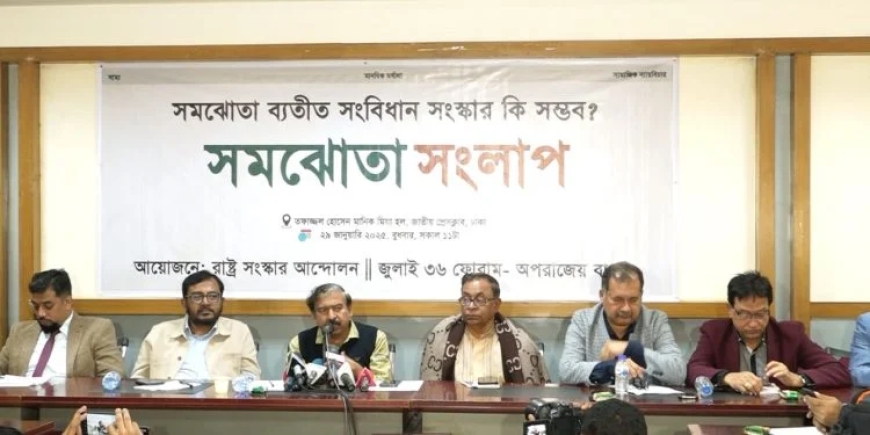
The Rastrer Sangskar Andolon (State Reform Movement) has emphasized the urgent need to establish a “Consensus Council” to initiate constitutional reforms through political agreement. The movement has urged the interim government to take the initiative to form this council to facilitate democratic amendments to the constitution.
This call was made during a dialogue titled “Is Constitutional Reform Possible Without Consensus?” organized by Rastrer Sangskar Andolon and July 36 Forum – Aparajeyo Bangla at the Tofazzal Hossain Manik Miah Hall of the National Press Club on Wednesday.
The event was presided over by Hasnat Kaiyum, Chief Coordinator of Rastrer Sangskar Andolon, and moderated by Didarul Bhuiyan, Finance Coordinator. Among the prominent speakers were Saiful Haque, General Secretary of the Revolutionary Workers Party of Bangladesh; Zahir Uddin Swapan, Advisor to BNP Chairperson and Convener of the Nationalist Media Cell; AB Party Chairman Mojibur Rahman Manju; Jatiya Samajtantrik Dal (JSD) General Secretary Shahid Uddin Mahmud Swapan; Abul Hasan Rubel, Executive Coordinator of Gonoshonghoti Andolon; NDIM Secretary General Mohammad Mominul Amin; Dr. Abu Yusuf Selim, Member Secretary of the Bhasani Followers’ Council; and Sakib Anwar, Organizational Secretary of Nagorik Oikya. M.A.N. Shaheen, Convener of July 36 Forum – Aparajeyo Bangla, was also present.
A Political Agreement Is the Only Path to Sustainable Reform
Presenting the keynote paper, Syed Hasibuddin Hossain, Media and Publicity Coordinator of Rastrer Sangskar Andolon, highlighted the importance of initiating constitutional reforms without waiting for the interim government. The paper proposed that all political parties should come together to form a Consensus Council to discuss the scope and process of reforms and gradually implement the necessary changes through dialogue and negotiation. Additionally, it suggested that the interim government’s Unity Commission should act as a secretariat to facilitate this process.
“Political Parties Cannot Remain Passive – They Must Lead Reform Efforts”
In his presidential address, Hasnat Kaiyum asserted:
“Political parties can no longer shift responsibility onto the interim government and remain passive. They must take the initiative to lead the process of constitutional reform. Today, we are beginning this necessary dialogue. By continuously engaging various stakeholders and extending discussions nationwide, we can determine a sustainable and practical path for constitutional reform.”
BNP Chairperson’s Advisor and Nationalist Media Cell Convener Zahir Uddin Swapan reaffirmed BNP’s moral support for the initiative, stating:
“Political consensus on reforms has been in discussion for a long time. BNP morally supports the proposal for a Consensus Council involving all parties. However, decisions regarding reforms must ultimately be made by elected representatives. The next step should be discussions on a course of action based on BNP’s 31-point agenda.”
“National Unity Is Essential to Address the Crisis”
Saiful Haque emphasized that in times of crisis, maintaining political unity is essential, but noted a growing concern:
“The unanimous support for the interim government is now under question. Political parties must work with all sections of society to build national unity and drive reforms through consensus.”
Mojibur Rahman Manju highlighted the challenges of state reform, stating:
“If major parties struggle with internal reforms, state reform becomes an even greater challenge. Power dynamics must be analyzed strategically, and all forces, big and small, must come to the negotiation table to achieve a balance of power.”
Abul Hasan Rubel underscored the significance of this historical moment, stating:
“Such pivotal moments do not come often in a nation’s history. Political parties must preserve unity. Major parties should learn from history and work towards a new political settlement based on national consensus.”
Shahid Uddin Mahmud Swapan argued that reform is not an ongoing process but a structured challenge:
“There are two fundamental challenges—determining what needs to be reformed and how to implement it. Political parties have monopolized both aspects. Future politics must consider how ordinary citizens can be involved in governance.”
Averting Division and Creating an Inclusive Political Framework
Sakib Anwar warned of the current atmosphere of political division, stating:
“At a time when discord is widespread, the only solution is for political forces to reach a consensus. While the commission’s recommendations contain positive aspects, some proposals may also fuel division. The government must move beyond divisive elements and initiate a dialogue on the critical issue of constitutional reform.”
M.A.N. Shaheen addressed the economic impact of political instability, stating:
“Foreign investment opportunities were destroyed by the previous government. Political forces must now commit to restoring a favorable investment environment.”
Additionally, Mohammad Mominul Amin, Secretary General of NDIM, and Dr. Abu Yusuf Selim, Member Secretary of the Bhasani Followers’ Council, also spoke at the event.
The dialogue marked the beginning of a broader effort to engage political stakeholders in constructive discussions on constitutional reform, with calls for a structured framework to facilitate national consensus.
